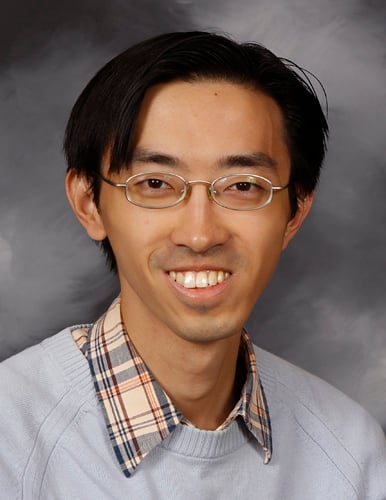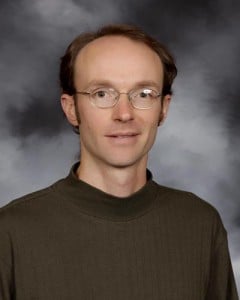
Family and friends at this Spring Commencement ceremony noticed something interesting: many PhD and MS candidates were receiving their degrees and hoods.
It’s not by chance.
The Graduate School has been showing steady growth and has exceeded targets for enrollment, according to Dean Jackie Huntoon.
“Across campus, faculty and departments are on board with the Strategic Plan, and we are moving forward with increased graduate education and research,” she says.
The differences between Michigan Tech’s graduate education and other universities are myriad and include completion rate: 62 percent of Tech PhD students finish what they start here, compared to 50 percent nationally. Seventy-five percent of Tech’s master’s students also complete their degrees.
“We’ve always been known for hands-on, application-oriented undergraduate education, and the same is true at the grad level: our students are highly employable,” Huntoon says.
She also discusses how graduate students contribute to economic development and economic recovery.
“We don’t just put PhDs in academia,” she says. “We also place them in industry and government positions.” Some 53 percent of PhD graduates end up in industry, versus 41 percent at Tech’s peer high-research institutions.
R&D is also heavily impacted by Tech PhD graduates, says Jacque Smith, director of marketing for the Graduate School. “Our percentage of PhDs employed in research and development is more than double the national average,” he says.
Increases in graduate enrollment have other benefits.
The large number of international students brings diversity to the campus and area, enriching the lives of those who live and work here.
“We compete on a global scale,” Huntoon says. “And these people give us a global environment on campus.”
“So, when you get that first job in Shanghai,” Smith adds, “you’re prepared with cultural knowledge and tolerance. You know more about the world before you get out and work in it.”
Huntoon tells the tale of a recent reception with students from Iran, Iraq and Pakistan.
“It was fascinating to hear their perspectives and think we were having this discussion here in Upper Michigan.”
As for the future, a new master’s program in geospatial engineering is planned for the School of Technology, their first graduate degreee. And a new University Senate policy mixes bachelor’s and master’s course work to shorten the length of time it takes to complete both.
And Huntoon perceives more new areas being explored and boundaries being crossed.
“PhD programs will become increasingly fluid in the future,” she says. “We will still have departments and Schools, but we’ll also have many more cross-disciplinary collaborations that unite faculty from many traditional units in response to needs for cutting-edge research.”
“What we will preserve is our focus on being ready to do things that serve societal needs,” Huntoon adds. “Not hypothetical or made up, but real.”
Like technology transfer and job creation, Smith adds.
In other words, keeping it all relevant, just like Tech has always done.
by Dennis Walikainen, senior editor
Published in Tech Today

